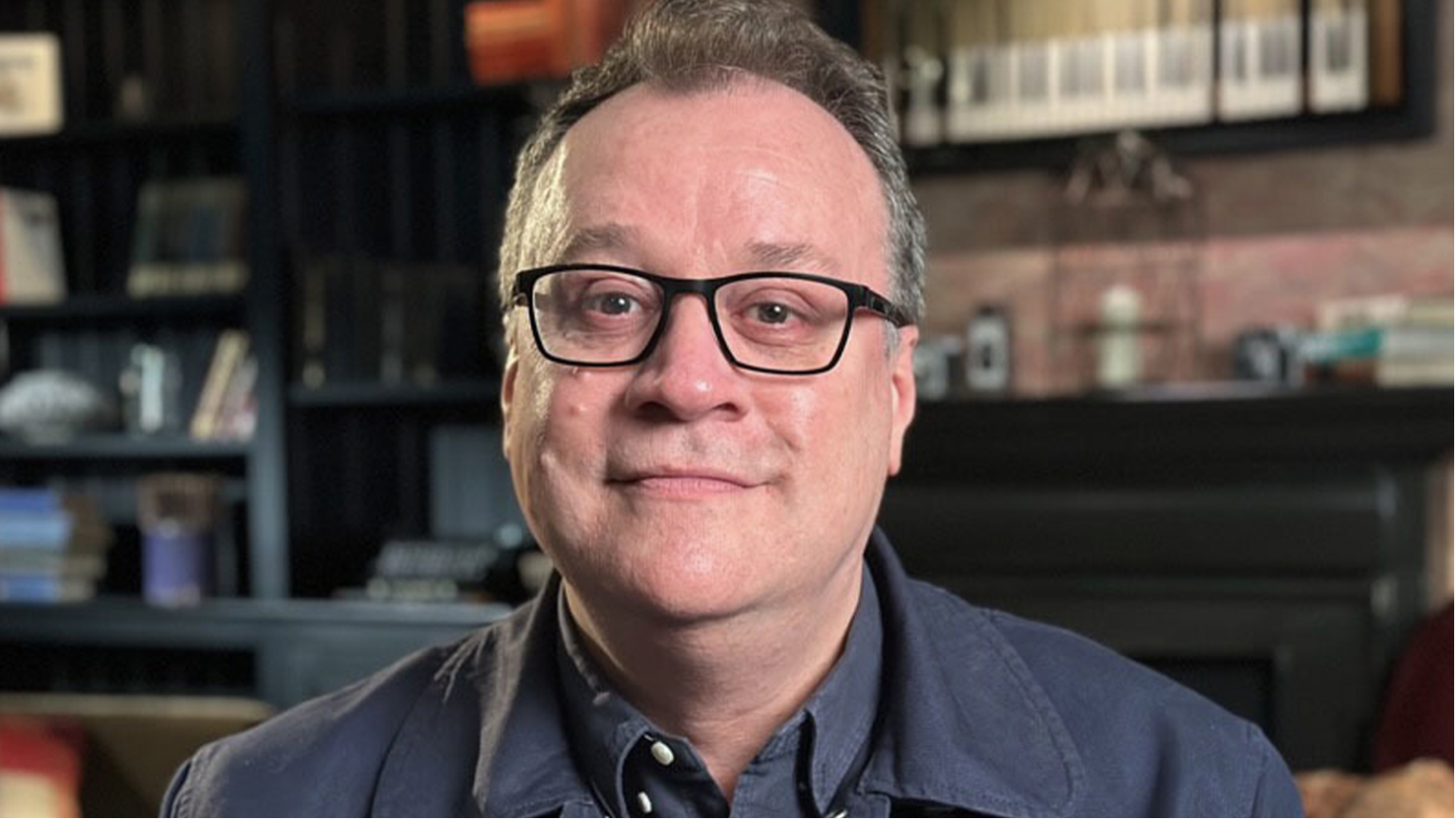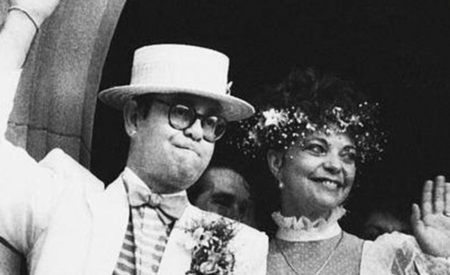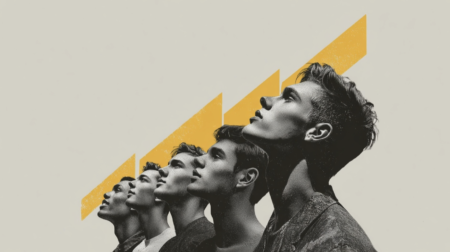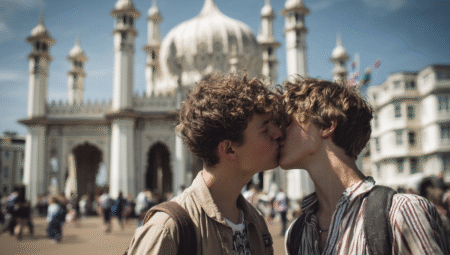Speaking to the Big Issue, Russell T Davies [pic: BBC] warned that gay rights in Britain are ‘rapidly and urgently getting worse’, rejecting the complacent optimism many felt when his breakthrough series Queer As Folk debuted in 1999. The writer — whose profile spans the original Queer As Folk, the revival of Doctor Who and the recent critical successes of It’s a Sin — told the magazine that expectations of a sunny, hard-won normality by 2025 have been overtaken by new and escalating threats. According to the Evening Standard and other coverage of the interview, Davies singled out the rise of hard-right political currents as a driving force behind what he described as a rollback of protections and social acceptance.
Davies’ remarks carry extra weight because of the way Queer As Folk reshaped public conversation about queer life when it first aired. The BBC and international outlets have chronicled how the 1999 series broke broadcasting taboos, presenting gay characters as whole people and drawing both fierce praise and controversy. Time magazine and the Big Issue together underline Davies’s role in normalising frank queer storytelling on mainstream television — which helps explain why his warnings about a deteriorating climate for LGBT people resonate so widely now.
The immediate political targets Davies named were Reform UK and the influence of conservative US politics. The Guardian and other reporting of the interview set his comments against manifesto pledges from Reform UK — including proposals to limit discussion of trans issues in schools and to roll back certain equality measures — and quoted Davies linking shifts in American conservatism, particularly the rise of Donald Trump, to emboldened domestic actors pushing similar agendas. Commentators in the LGBTQ+ press have echoed those concerns, framing the moment as part of a broader transatlantic backlash that is shaping policy debates and cultural fights.
Davies did not confine his reaction to analysis; he urged a renewed, generationally driven activism. ‘Revolt in terror and anger and action,’ he told the Big Issue, urging younger LGBT people to marshal ‘the anger of the past’ rather than accept what he characterised as creeping erosion of rights. That language deliberately invokes the militancy and mobilisation of earlier queer activism, and his call to arms is being read as both a cultural and political appeal — a reminder that gains secured in earlier decades were the product of organised struggle, not inevitability.
Culturally, Davies is preparing to address these themes directly on screen. He has an upcoming Channel 4 drama, Tip Toe, which he says will confront the forces of the so-called culture wars and explore the contemporary pressures on queer people and storytellers. Coverage in the Standard, the Guardian and specialist outlets notes that the series is intended not simply as commentary but as an attempt to map how homophobia and transphobia are being redeployed in current political rhetoric and media battles.
That critique sits uneasily alongside the undeniable advances of the past quarter-century. Profiles in the Big Issue, the BBC and Time retain a clear throughline: Davies’s work altered how queer lives could be shown and discussed, creating representation that many viewers described as life-affirming. Yet those same accounts help explain his alarm — if representation once seemed to promise an irreversible arc toward inclusion, the present moment suggests that social norms and legal protections can be contested and, in places, rolled back.
Source: Noah Wire Services


















